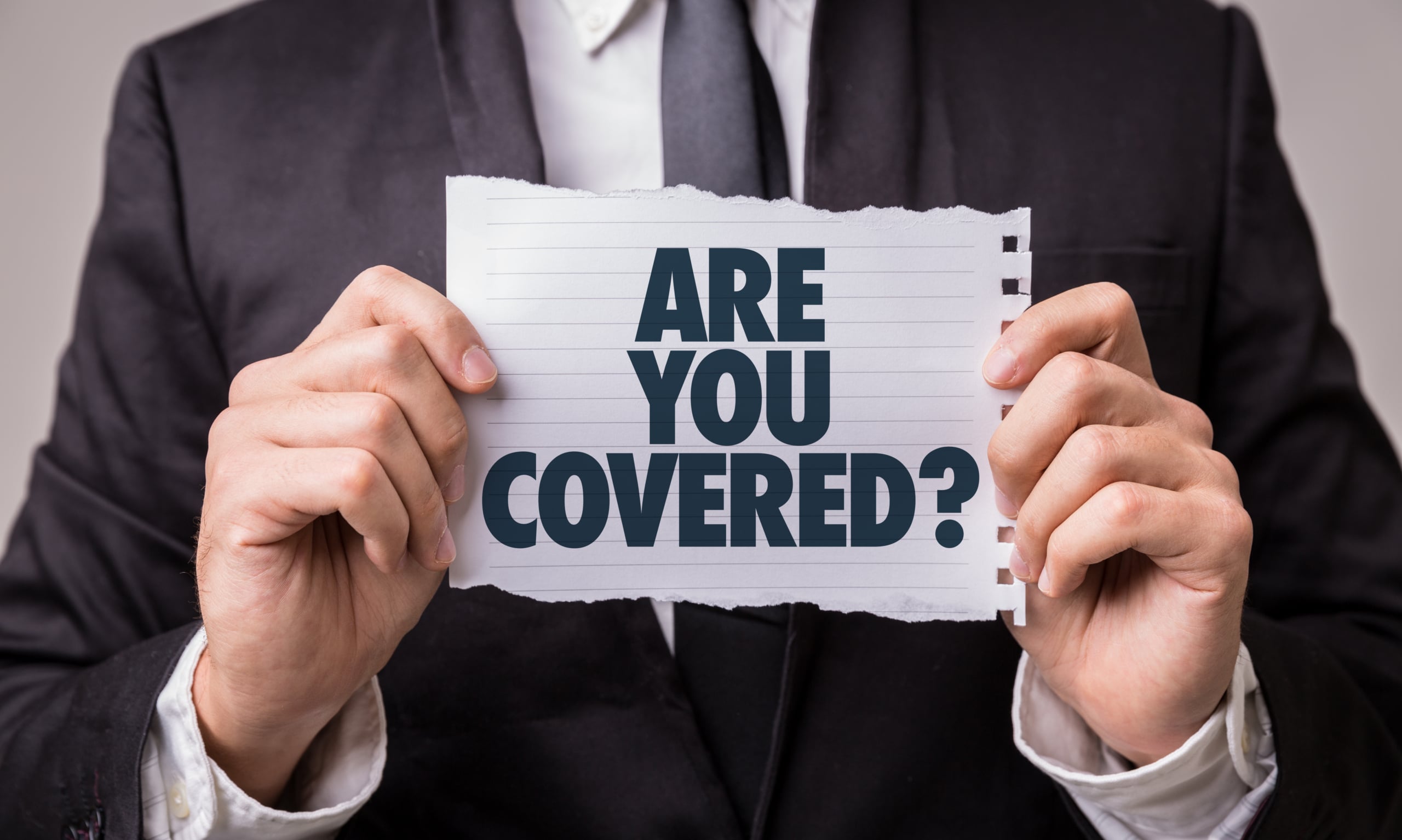Insuring a Home Office
Over my twenty-five years in the insurance business, I’ve not only become an expert in the ins and outs of insurance coverage, but I’ve also learned a thing or two about being a business owner.
As an independent insurance office, Rey Insurance has a lot of the same needs and concerns that all small businesses have. Running a small business is not just about balancing the books and working with clients. As a small-business owner, you’re responsible for all aspects of your livelihood, including protecting yourself with the right insurance.
Business owners who work out of a home office have a special set of needs to consider. Homeowner’s insurance is not meant to cover the needs and exposures of a business. According to research from the Independent Insurance Agents & Brokers of America, at least 60 percent of in-home entrepreneurs are not properly insured.
You may not think that operating a home office or a home-based business carries greater liability than simply living in the house, but your insurance carrier probably has a different opinion. Most homeowner’s policies limit loss of business property to $2,500, don’t cover losses away from the home, and exclude liability coverage for business-related activity.
Home Office Policy Options
Talk to your insurance agent about adding coverage to protect your home office. Your agent can help you review your property, your existing insurance coverage, and your business needs. You should be thinking about professional liability coverage if a general liability policy won’t cover you. Will you have a lot of clients visiting your office, putting you at greater risk for a “slip and fall” claim or personal injury? Will you need to insure employees? How many employees?
Once you have a good idea of what kind of coverage you need, explore insurance programs through local self-employment organizations and your chamber of commerce.
Here are some of the basic policies you’ll want to consider:
Business Owner’s Policy (BOP)
This is the most common policy for small-business owners. It combines major property and liability risks into one policy for small businesses. You can add extra coverage to the BOP tailored for your specific needs. This policy is available only to small businesses that meet certain criteria. Your premium will vary, depending on the type of business you have and what extra coverage you need.
In-Home Business Policy
An in-home business policy provides more coverage for your business-related equipment and liability that your standard homeowner’s policy. It will protect your papers and records, off-site property, and accounts receivable. Some in-home business policies cover your losses in the event that your home office is damaged to the point that you can’t work in it. Some plans will even cover a certain number of employees. Most insurance companies have plans tailored to the needs of a small-business home office.
Homeowner’s Policy Endorsement
Also known as a “business pursuits” endorsement, this option provides the least amount of coverage. People who don’t run a full business out of their home but who sometimes do business from home usually use it. It’s structured for people who don’t have a lot of costly equipment or customers to increase their liability. For example, a writer who works from home can add a homeowner’s policy endorsement to his or her existing plan to cover extra computer equipment. If you have customers, clients, or delivery people visiting occasionally, you can also add extra homeowner’s liability coverage.
Insurance Coverage for Home Office Equipment
If you have a home office, you may be more accustomed to working in your pajamas than in a suit, but working from home doesn’t exclude you from certain corporate office concerns.
A basic property insurance policy will usually cover losses from fire or lightning, the cost of removing equipment to prevent further damage or theft, and any named perils (hail, civil commotion, and damage caused by automobiles or vandalism, for example).
Coverage for business-related items is probably limited or not included in your homeowner’s policy. Take an inventory of your home office and any off-site equipment you use and determine what additional coverage you need. Here are a few items to consider:
- Buildings and other structures
- Furniture, equipment, and supplies
- Inventory
- Money and securities
- Records of accounts receivable
- Improvements and betterments you made to your property
- Machinery
- Data-processing equipment and computers
- Valuable papers, books, and documents
- Mobile property, such as cars, vans, trucks, and construction equipment
- Signs, fences, and other outdoor property
- Intangible property (goodwill, trademarks, etc.)
As with other forms of insurance, the most important step in choosing the right home office insurance is to honestly evaluate your needs and share that assessment with your insurance agent. Make sure you have the right coverage in place before you need it, and you, your business, and your livelihood will all benefit.
Linda Rey is a licensed insurance agent at Rey Insurance with a broad spectrum of expertise in life, accident, health, property and casualty insurance as well as retirement planning and college funding strategies.
Follow Linda on Twitter.







